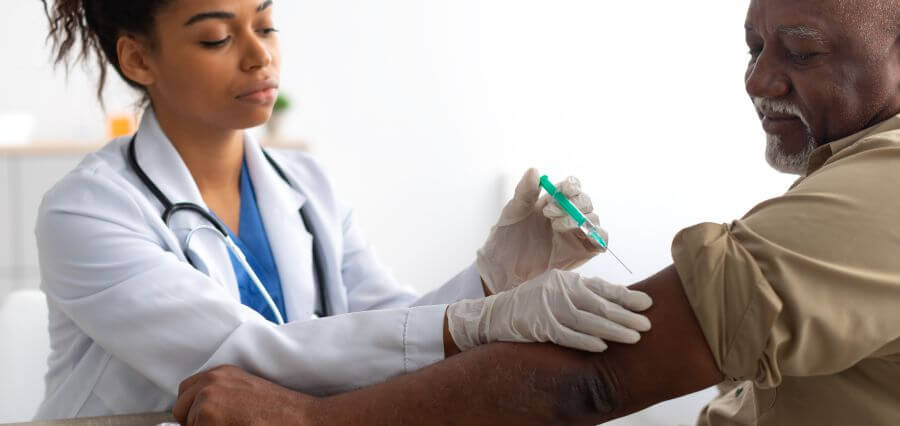The recommended vaccines target human papillomaviruses (HPV), responsible for various cancers, including cervical cancer, and hepatitis B (HBV), associated with liver cancer. As part of the Europe’s Beating Cancer Plan, the European Union aims for member countries to achieve 90% HPV vaccination for girls by 2030 and substantially raise the rate for boys. The Commission noted that several member states currently have HPV vaccination coverage below 50% for girls, with limited data available for boys and young adults, reaching as low as 1% in certain countries.
To attain this target, the EU suggests that countries offer free or fully reimbursable vaccinations, establish goals for boys, and enhance communication and access. The approved HPV vaccines in the EU are produced by GlaxoSmithKline and Merck & Co, known as MSD in Ireland. Laura Brennan, a prominent patient advocate and HPV vaccine campaigner in Ireland, passed away from cervical cancer in March 2019 at the age of 26.
Ms. Brennan’s advocacy resulted in a significant increase in the number of young women receiving the HPV vaccine. The World Health Organization (WHO) is spearheading a worldwide effort to eradicate cervical cancer, aiming to reduce annual cases to 4 per 100,000 women per year. In late 2023, Health Minister Stephen Donnelly stated that Ireland is on track to achieve this target and reduce the number of cervical cancer cases to 4 per 100,000 women by 2040.
Ireland presently experiences approximately 11 cases of cervical cancer per 100,000 women. The World Health Organization (WHO) aims to reach specific targets by 2030, including ensuring that 90% of girls are fully vaccinated with the HPV vaccine by the age of 15.








